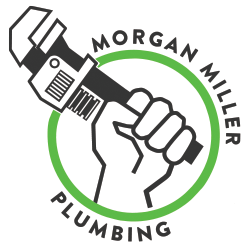Summer is just around the corner, and while you may be thinking about vacations, pool parties, and barbecues, it’s also the perfect time to give your home’s plumbing a little TLC. Routine maintenance can help prevent costly repairs, improve efficiency, and increase the lifespan of your plumbing system. To help you get started, we’ve compiled a list of the top 10 plumbing tips for homeowners to perform each summer.
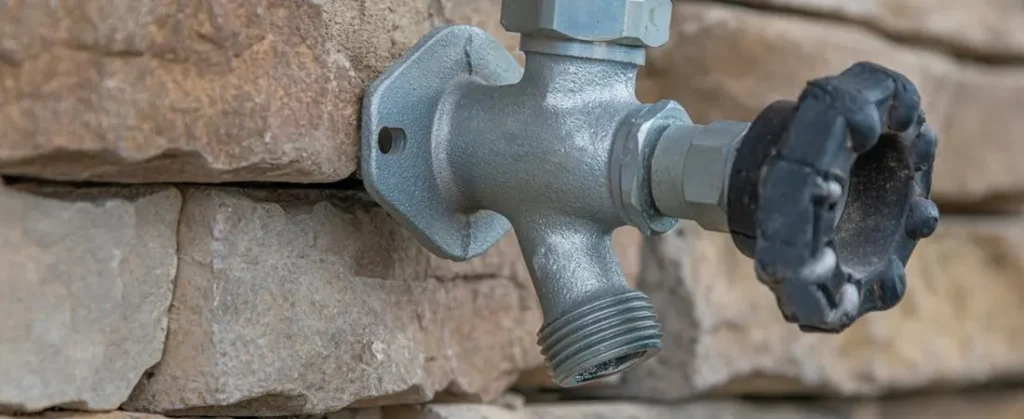
1. Inspect Your Outdoor Plumbing
Outdoor faucets, sprinklers, and hoses can become damaged over the winter and spring. While the weather’s nice, it’s the perfect chance to check your outdoor faucets for leaks or damage. Make sure the hose connections are secure and not leaking. Check all outdoor plumbing fixtures for leaks, rust, and damage. Replace any damaged fixtures and make sure outdoor hoses are securely attached.
Also, check the water pressure in your outdoor faucets by turning them on full blast. If the pressure is weak, you may have a clog or leak in your plumbing system. If you notice any issues, it’s best to address them quickly to avoid water damage to your home or yard.
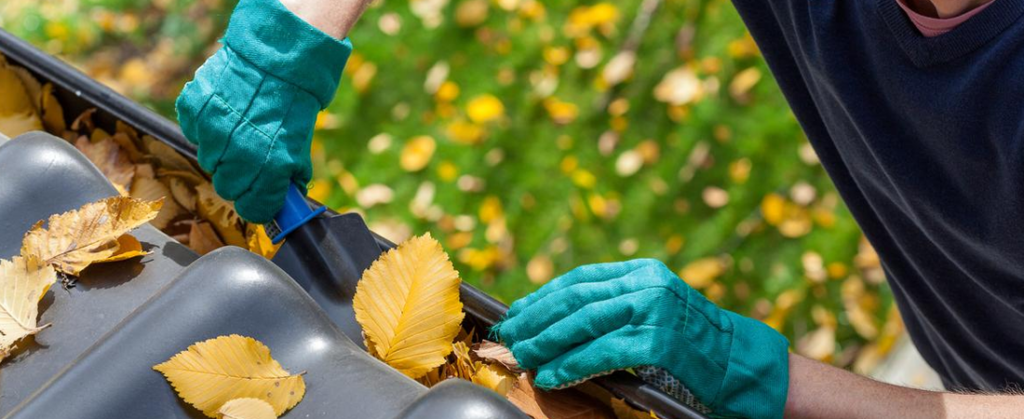
2. Clean Gutters and Downspouts
Gutters and downspouts are designed to collect and redirect rainwater away from your home’s foundation. However, during the summer months, gutters can become clogged with debris, including leaves, sticks, and other materials, which can obstruct the flow of water. This blockage can cause water to overflow and seep into your home’s foundation, leading to water damage, mold growth, and even structural damage
Additionally, clogged gutters can attract insects and rodents, causing further damage to your home. For these reasons, it’s crucial to clean gutters and downspouts regularly during the summer months to ensure that they function correctly and protect your home’s plumbing from potential damage.
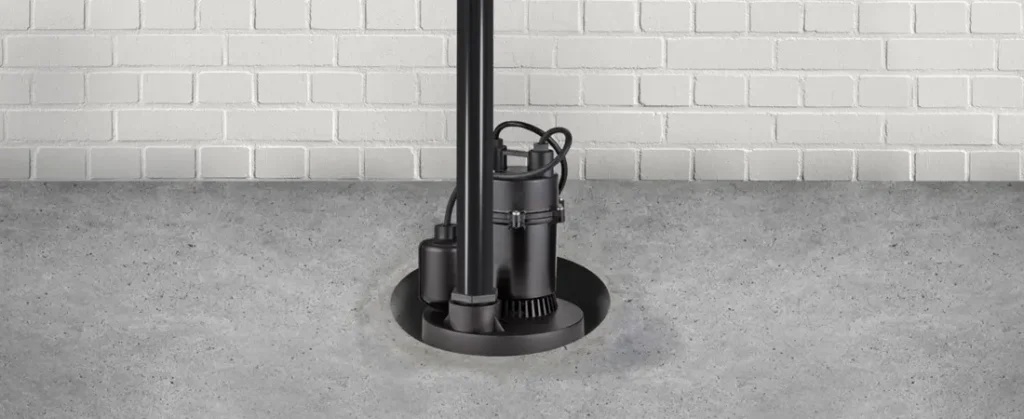
3. Check Your Sump Pump
Summer can bring heavy rain and thunderstorms, which can lead to flooding in your basement or crawl space. Make sure your sump pump is functioning correctly by pouring a bucket of water into the sump pit. If the pump turns on and removes the water, it’s working correctly. If not, call a professional to inspect and repair it. It’s essential to ensure that your sump pump is functioning correctly, as it’s your home’s first line of defense against basement flooding.
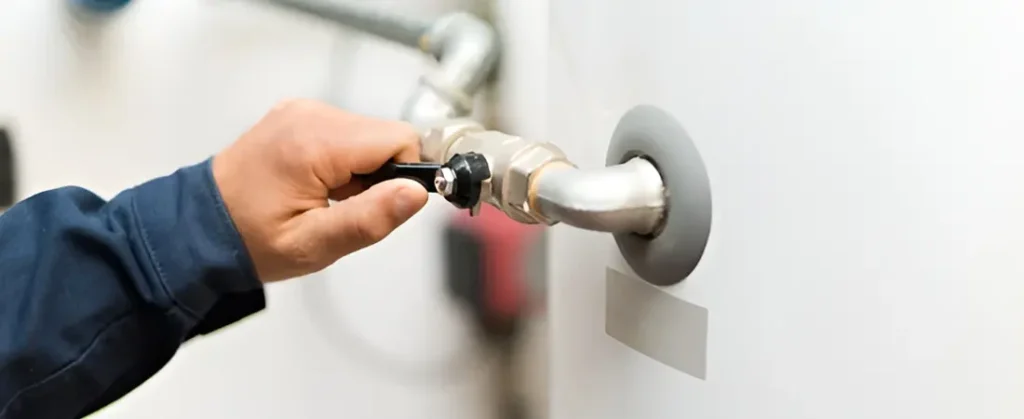
4. Inspect Your Water Heater
Your water heater works overtime during the summer with extra laundry, dishes, and showers. Check the temperature and pressure relief valve and make sure it’s functioning correctly. This valve is designed to release pressure if the temperature inside the tank becomes too high. Look for any signs of rust or corrosion, which can indicate a potential issue.
Flushing your water heater regularly can also help remove sediment buildup and prolong its lifespan. To flush your water heater, turn off the power or gas supply and connect a garden hose to the drain valve. Open the valve and let the water run until it runs clear.
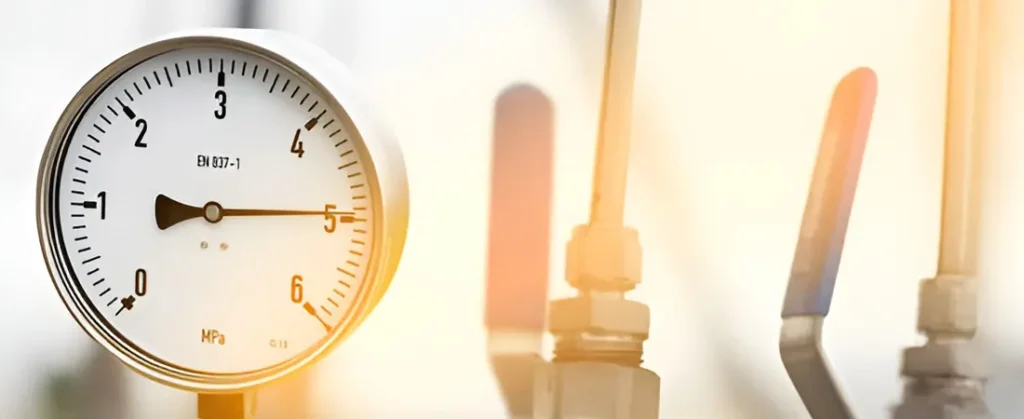
5. Test Your Water Pressure
Testing your water pressure during the summer months is especially important since the warmer weather can cause an increase in water usage, which can exacerbate any issues with your plumbing system. To test your water pressure, you will need a water pressure gauge, which can be purchased at most hardware stores.
Low water pressure can be a sign of a clogged pipe or other plumbing issues, while high water pressure could damage your pipes and lead to leaks. Test your water pressure regularly to ensure that it’s within the normal range. If you notice any significant changes, call a professional plumber to inspect your system.
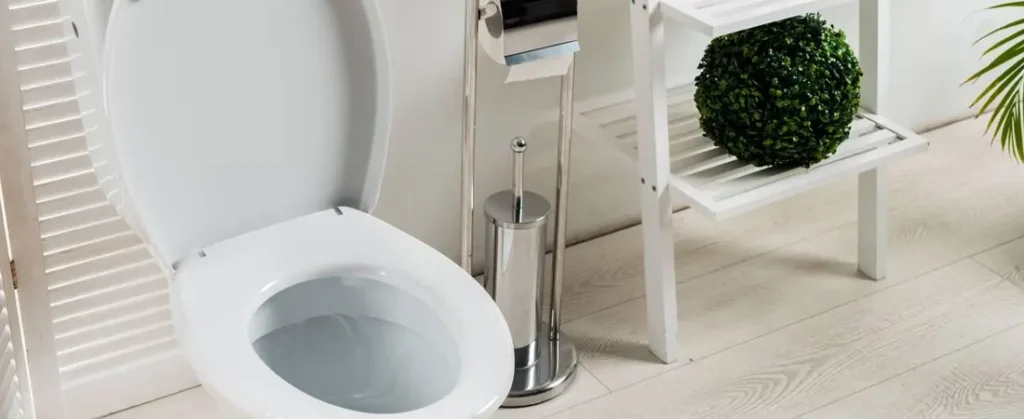
6. Test Your Toilet
A running toilet can waste gallons of water each day, resulting in major costs on your utility bill. Luckily you can test your toilet easily by placing a few drops of food coloring in the tank. If the color appears in the bowl within 30 minutes, you may have a leak. If you notice any issues, it’s best to address them quickly to avoid wasting water and potentially damaging your plumbing system. Also, consider upgrading your toilet to a more water-efficient model to save money on your water bill.
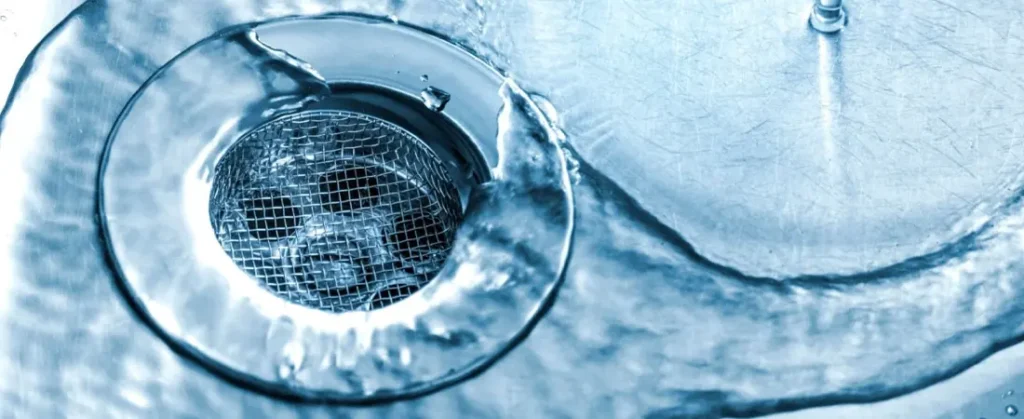
7. Clean Your Drains
Summer can bring a lot of extra activity to your home, which can lead to clogged drains. Clogged drains can cause significant problems and can be challenging to fix once they occur. Prevent clogs by inspecting your drains and performing routine drain maintenance. Use a drain snake or plunger to regularly remove any hair, soap scum, or other debris that may have accumulated in your drains.
You can also use a mixture of baking soda and vinegar to help break down any buildup in your pipes. Pour one cup of baking soda down the drain followed by one cup of vinegar. Wait 15 minutes and then flush the drain with hot water.
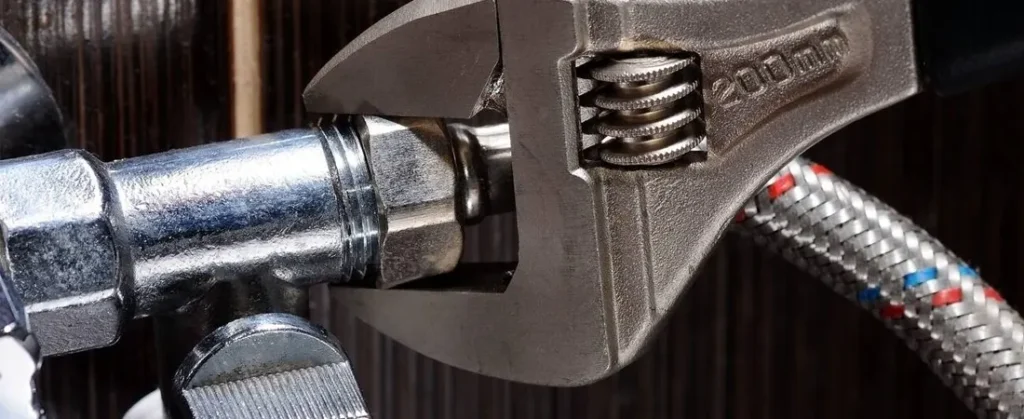
8. Inspect Your Washing Machine Hoses
Your washing machine hoses work hard during the summer with extra loads of laundry. Check the hoses for cracks, bulges, or signs of wear and tear. If you notice any damage, replace the hoses immediately to avoid potential flooding or water damage. Also, make sure the hoses are connected securely to the machine and the water supply. This will help prevent leaks and water damage in your home.
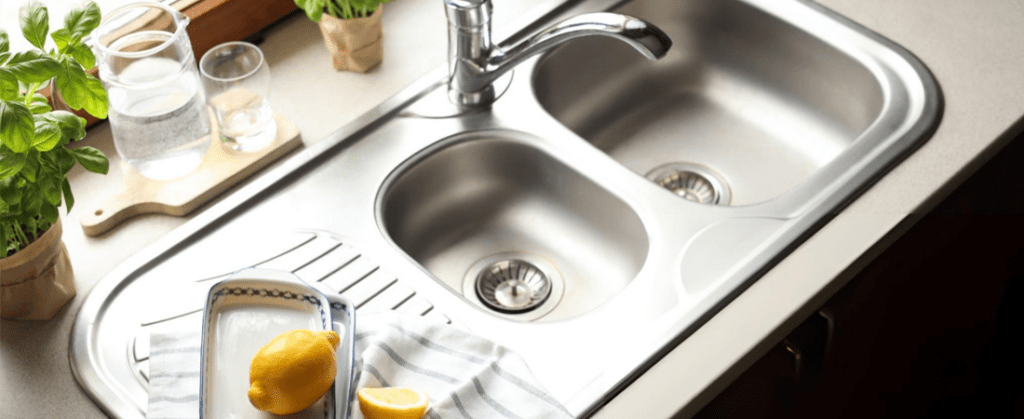
9. Refresh Your Garbage Disposal
Summer means more outdoor cooking and entertaining, which also means more food scraps in your garbage disposal. To keep your disposal functioning correctly, run cold water while using it and avoid putting hard or fibrous foods down the drain. You can also clean your disposal by grinding up a few ice cubes and citrus peels. This will help remove any buildup and keep it smelling fresh.
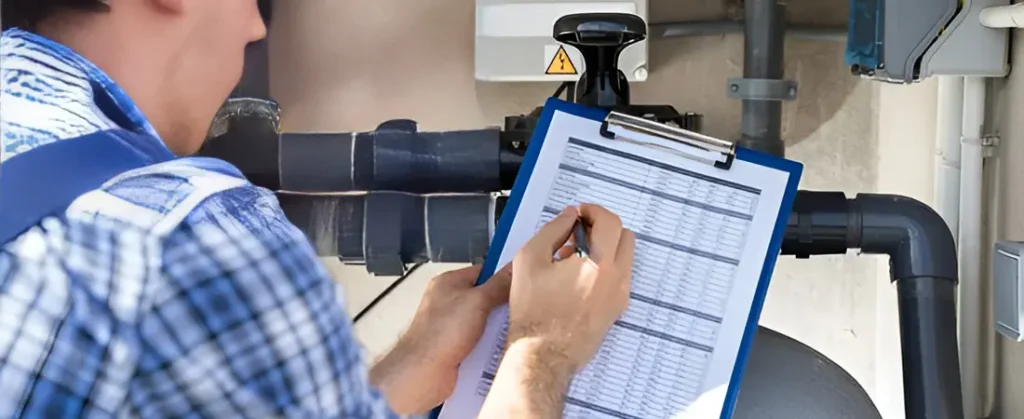
10. Schedule a Professional Inspection
While performing your own routine maintenance can go a long way toward preventing plumbing issues, it’s also essential to schedule a professional plumbing inspection. A licensed plumber can inspect your entire plumbing system for any potential issues, including leaks, corrosion, and damage. They can also provide recommendations for improving efficiency and prolonging the lifespan of your plumbing system. Schedule a plumbing inspection at least once a year to catch any potential issues before they become major problems.
If your sump pump is in need of repair, don’t risk the quick fix. Get help from the plumbing professionals at Morgan Miller Plumbing, (816) 765-4843
